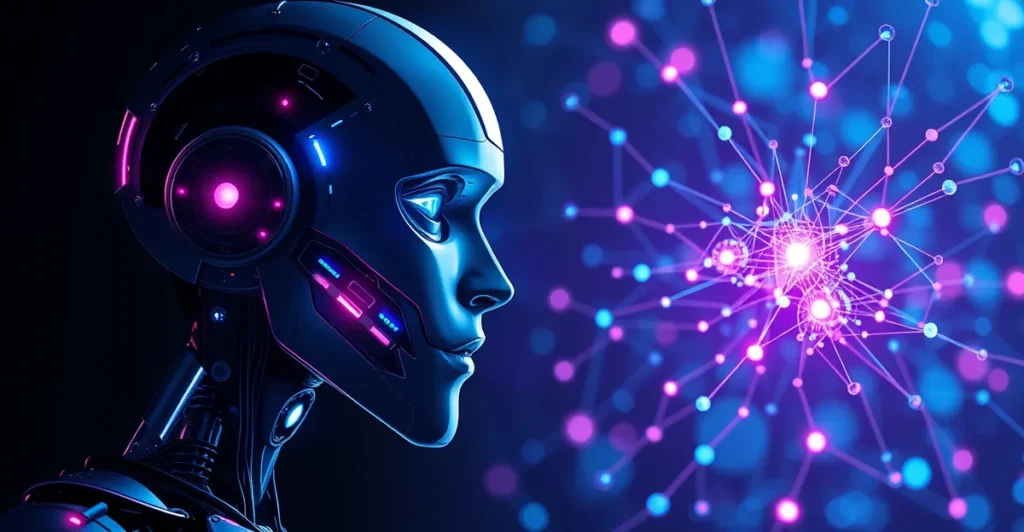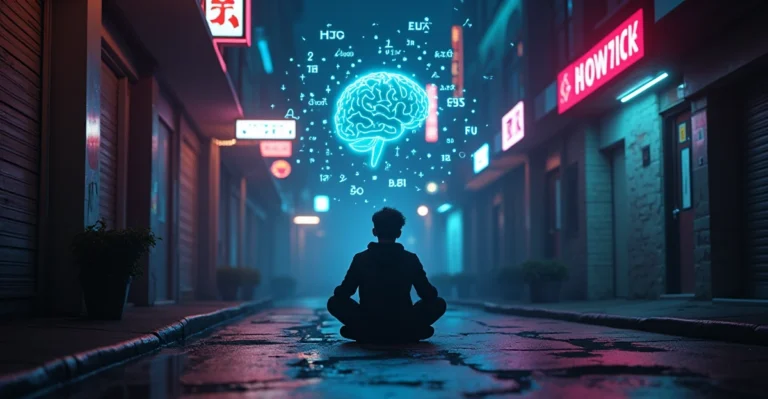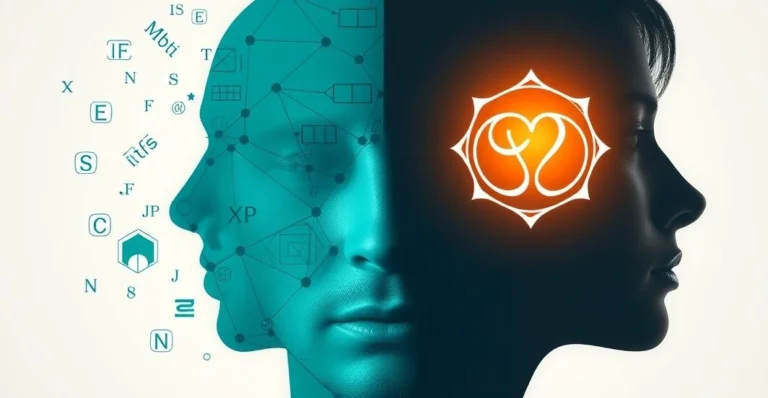AI vs. Machine Learning: Key Differences Explained

Artificial Intelligence (AI) and Machine Learning (ML) are everywhere — powering chatbots like ChatGPT, search engines like Google Gemini, and creative tools like MidJourney and DALL·E. But many people still confuse the two, thinking they’re the same thing.
In reality, machine learning is just one part of AI. Knowing the difference helps you understand how these technologies shape the apps, websites, and tools you use every day — from AI assistants like Claude and Perplexity AI to writing tools like Jasper.
This guide breaks it down into simple terms, with examples, visual comparisons, and even a quiz you can take to test your knowledge.
What Is Artificial Intelligence (AI)?
Simple Definition
Artificial Intelligence (AI) is the science of making machines think and act like humans. It’s about creating systems that can solve problems, make decisions, and learn from experience — just like we do.
Quick Answer: AI is the “big picture” — a field focused on building intelligent systems.
Real-World Examples
- Chatbots: ChatGPT, Claude, Perplexity AI
- Voice Assistants: Siri, Alexa, Google Assistant
- Recommendation Systems: Netflix suggesting movies, Spotify recommending music
- Self-Driving Cars: Using sensors and AI to drive safely
- AI Content Creation: Jasper, Writesonic for marketing copy; MidJourney & DALL·E for AI-generated art
What Is Machine Learning (ML)?
Simple Definition
Machine Learning (ML) is a subset of AI that focuses on teaching machines to learn from data instead of being explicitly programmed.
Quick Answer: ML is a “method” inside AI — it’s how computers learn to improve at tasks over time.
Real-World Examples
- Spam Filters: Gmail learning what counts as spam
- Image Recognition: Apps recognizing faces or objects in photos
- Fraud Detection: Banks spotting unusual transactions
- Predictive Text: Your phone guessing the next word you want to type
- LLM Training: How models like GPT-5 and Gemini 1.5 get better with each update
AI vs. Machine Learning: The Core Difference
AI is the broader concept — the goal is intelligence.
Machine Learning is the approach to achieve that goal — by training models on data.
Here’s a simple comparison table to make it clear:
| Aspect | Artificial Intelligence (AI) | Machine Learning (ML) |
|---|---|---|
| Definition | Technology to simulate human intelligence | Subset of AI that uses algorithms to learn from data |
| Goal | Create smart systems that can reason, plan, and act | Improve performance on specific tasks over time |
| Scope | Broad – includes ML, deep learning, robotics, NLP | Narrow – focuses only on data-driven learning |
| Examples | ChatGPT, Gemini, Claude, Self-driving cars | Spam filters, Recommendation engines |
| Dependency | Can exist without ML (rule-based AI) | Cannot exist without AI (ML is a part of AI) |
AI vs. ML vs. Deep Learning
Deep Learning (DL) is another term you’ll hear. It’s a subset of ML that uses neural networks (inspired by the human brain) to handle very complex tasks like image recognition or natural language processing.
Think of it like this:
- AI = The Brain (big picture)
- ML = The Way It Learns (training)
- Deep Learning = The Brain’s Neurons (specialized learning)
How AI and Machine Learning Work Together
AI and ML aren’t competitors — they work together to create the tools you already use.
Everyday Use Cases
- ChatGPT, Claude, and Gemini: Use ML and deep learning to process language and generate human-like responses.
- Perplexity AI: Combines ML with real-time web search to deliver instant, cited answers.
- MidJourney & DALL·E: Use AI models trained on massive datasets to generate realistic images.
- Google Translate: Improves its translations over time by learning from user corrections.
- YouTube Recommendations: ML learns your watch history, AI decides what to suggest next.
Future Trends (2025 and Beyond)
The world of AI is rapidly evolving. Here are some of the most popular AI models and tools shaping the future:
- GPT-4 & GPT-5 (OpenAI): Leading LLMs powering ChatGPT and countless apps.
- Gemini 1.5 (Google DeepMind): Multimodal AI model for text, images, code, and reasoning.
- Claude 3 (Anthropic): Safe, thoughtful AI assistant focusing on deep reasoning.
- LLaMA 3 (Meta): Open-source LLM used by developers and researchers.
- Mistral & Mixtral: Lightweight, high-performance open-source models.
- Perplexity AI: Hybrid search engine + AI model for real-time knowledge.
By mentioning these, you capture search interest from users looking for “best LLMs in 2025” or “ChatGPT vs. Gemini.”
Why This Matters
Understanding AI vs. ML is more than just tech trivia — it helps you:
- Choose the right career path (AI engineer, ML specialist)
- Make better business decisions when adopting technology
- Stay ahead of trends in AI tools like ChatGPT, Claude, and Gemini
Conclusion
AI is the bigger picture. Machine Learning is one of the most important tools inside that picture. The more data ML gets, the smarter AI becomes.
In short:
- AI = The Goal
- ML = The Method
Want to see how much you’ve learned?
👉 Take our AI Quiz and test your knowledge of AI and machine learning in just 3 minutes!
FAQs
1. What is the difference between AI and machine learning in simple terms?
AI is the overall concept of creating smart machines, while ML is a method that teaches those machines using data.
2. Is machine learning a part of AI?
Yes. Machine learning is a subset of AI, focusing on algorithms that improve through experience.
3. Can you have AI without machine learning?
Yes. Some AI systems are rule-based and don’t use ML at all.
4. What are some real-life examples of AI and machine learning?
AI examples: ChatGPT, Gemini, Claude, Self-driving cars.
ML examples: Spam filters, Recommendation engines, Predictive text.
5. What is the difference between machine learning and deep learning?
Deep Learning is a more advanced type of ML using neural networks to handle very complex tasks like image recognition.
Recommended Quizzes and Internal Links
Looking to explore more about intelligence, technology, and learning? Try these popular quizzes on QuizBombs:
- 👉 AI Quiz – Test how well you understand AI, ML, and deep learning concepts.
- 🧠 IQ Test – Challenge your problem-solving and logical reasoning skills.
- 🎓 General Knowledge Quizzes – Expand your knowledge across science, history, and more.
Authoritative Sources and Further Reading
Want to go even deeper? Here are reliable resources for learning more about AI and machine learning:
- 📊 Stanford AI Index – Annual report tracking global AI trends.
- 🧠 IBM AI Overview – Beginner-friendly guide to AI concepts.
- 🔎 Google AI Blog – Latest updates from Google’s AI research teams.






